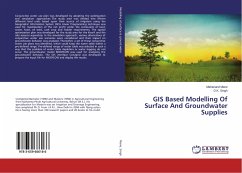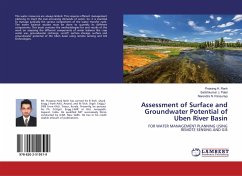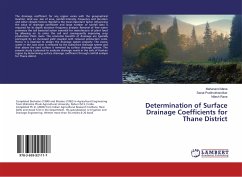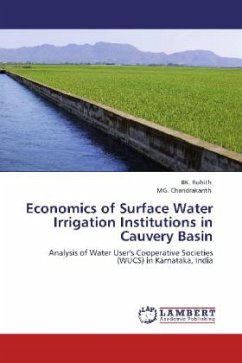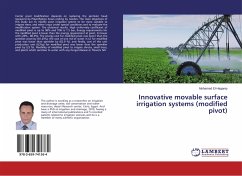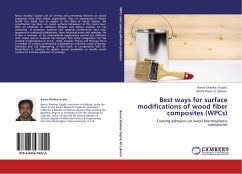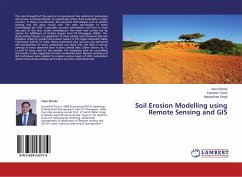Conjunctive water use plan was developed by adopting the optimization and simulation approaches. The study area was divided into fifteen different land units based upon their source of irrigation using the Geographic Information System (GIS). Linear Programming technique was used for maximization of the net profit under the constraints of land, water, food, oil seed, cash crop and fodder requirements. The spatial optimization plan was developed for the study area for the kharif and the rabi seasons separately. In the simulation approach, various alternatives of conjunctive water use scenarios were considered and their impact on groundwater behavior was analysed. Thereafter, a set of those conjunctive water use plans was identified, which could keep the water table within a pre-defined range. Pre-defined range of water table was selected in such a way that the problem of water table depletion or water logging do not occur. The groundwater model MODFLOW was used for analyzing the groundwater behavior. The GIS interface Con2grid was developed to prepare the input file for MODFLOW and display the results.
Bitte wählen Sie Ihr Anliegen aus.
Rechnungen
Retourenschein anfordern
Bestellstatus
Storno

